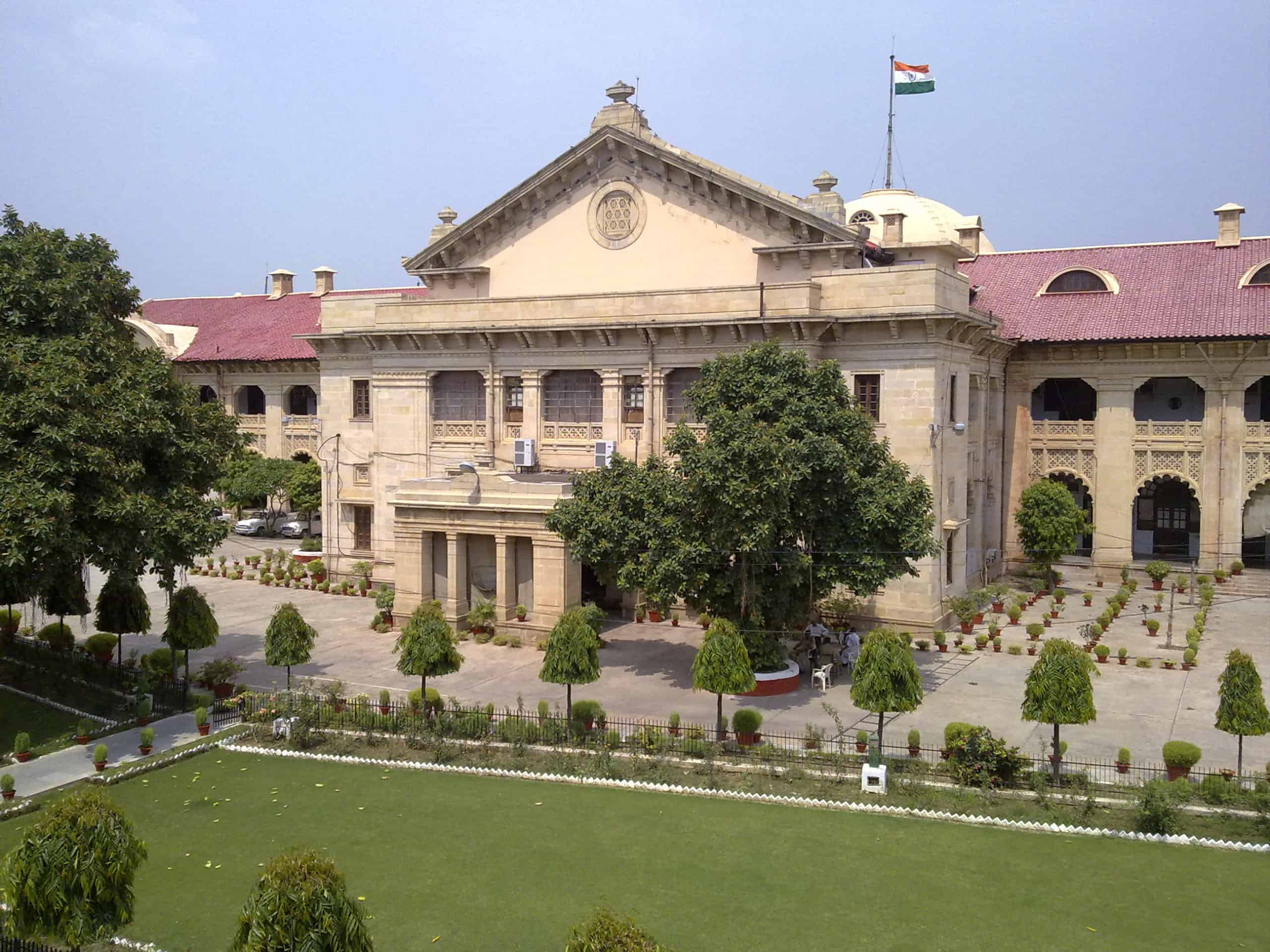The Allahabad High Court recently held that in matters relating to condonation of delay, the court has to adopt a liberal approach and when the delay is sufficiently explained, an application ought not to be rejected on hyper-technical reasoning [Ashok Singh v State of UP].
Justice Yogendra Kumar Srivastava allowed the plea challenging an order of the Board of Revenue rejecting an application since it was filed with a delay, noting that the words ‘sufficient cause’ under under Section 5 of the Act were to be construed liberally.
“In the absence of anything showing malafide or deliberate delay as dilatory tactics, the Court should normally condone the delay.”
The plea challenged two orders of the Board of Revenue, UP at Allahabad which rejected the petitioner’s substitution application and a subsequent recall application for being filed with a delay. Another reason for dismissal was that steps were not taken to issue notice in compliance with an order directing the same.
With regards to the delay in filing, the petitioners submitted that the reasons for delay were explained in an affidavit which clarified that the applicants were not aware of the pendency of this case, and they filed the substitution application soon after they became aware of it.
They stated that since there was no want of bonafides on the petitioner’s part, the court should have adopted a liberal approach.
The single judge examined precedent with regard to condonation of delay and observed that the application spelt out sufficient reasons for delay, and the orders do not assign any cogent reason to reject the condonation of delay.
The petitioners also urged that the rejection of the revision for not issuing notice was based on hyper-technical reasoning and would therefore, be legally unsustainable.
In response to this submission, the Court reiterated that rules of procedure were the handmaid of justice, and no party should ordinarily be denied the opportunity of participating in the process of justice dispensation.
Justice Srivastava placed reliance on the judgment in The State of Punjab v Shamlal Murari where it was held, “processual law is not to be a tyrant but a servant, not an obstruction but an aid to justice.”
With these observations, the single judge set aside the two orders of the Board of Revenue and remitted the case back to it for fresh consideration.
Advocates Anup Kumar Srivastava and Dharmendra Prasad appeared for the petitioners while the respondents were represented by additional chief standing counsel JPN Raj and advocates Jamwant Maurya, Krishna Kant Singh.
Source Link


![[Covid] Masks not mandatory for people driving alone in cars: Delhi government 2](https://lawupdates.in/wp-content/uploads/2020/04/Coronavirus-surgical-masks-hand-sanitiser-gel-hygiene.jpg)
